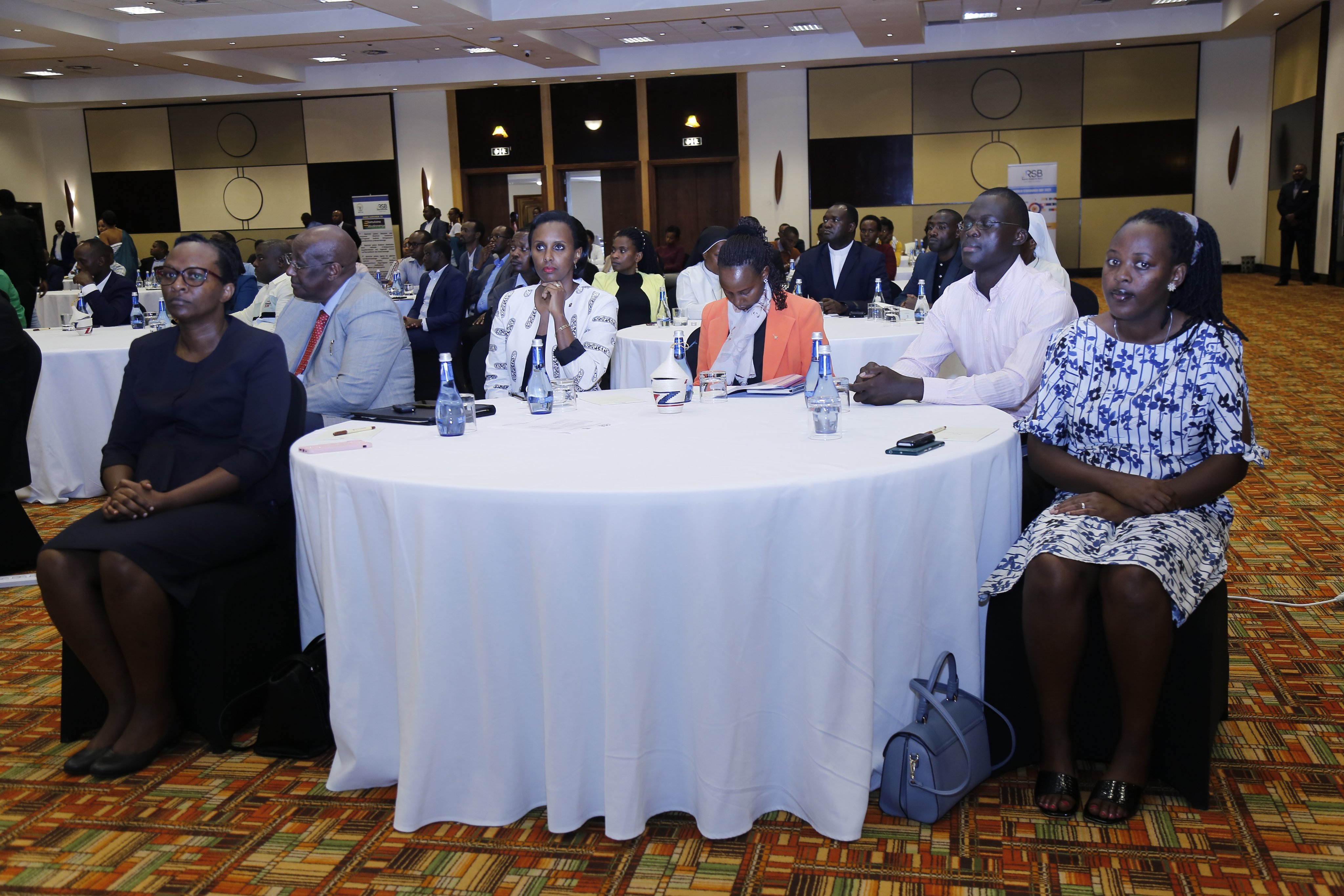By Jibril Abdul Mumuni Accra, Nov 22, GNA - Trademark Africa has urged immediate alignment of food safety and plant health regulations withi...

By Jibril Abdul Mumuni
Accra, Nov 22, GNA - Trademark Africa has urged immediate alignment of food safety and plant health regulations within the Economic Community of West African States (ECOWAS) to eliminate technical obstacles and enable smooth cross-border trade.
Ms. Anthe Vrijilandt, Director of Strategy and Partnerships at Trademark Africa, pointed out the ongoing difficulties that traders encounter, such as extended delays and products deteriorating at borders because of fragmented standards and regulations.
She mentioned this during a significant effort, marked by the Abidjan-Lagos Corridor SPS/TBT Forum taking place in Accra from November 19 to 21, 2025.
The Forum sought to eliminate technical trade barriers (TBT) and promote smooth international trade along the region's most heavily used route.
The three-day meeting currently taking place is anticipated to produce a clear plan to advance the harmonization initiative.
The gathering included representatives from standards regulatory organizations in West Africa who discussed ways to align standards to guarantee uniform quality assurance across the sub-region.
She highlighted that although the region, especially Ghana, often had an abundance of food, these products frequently did not make it to nearby markets because of unstable regulations and the absence of agreement on laboratory test results.
"You can't easily transport the food across borders due to these problems. They get held up at the borders, sometimes for two or three weeks. Now, if you leave bananas at the border for three weeks, tell me what happens to them," she said.
She advocated for mutual acceptance, in which a test conducted in one nation would be trusted across the board, or complete alignment, where all member states implement the same standards.
"Trade relies on trust. I trust your bananas, I trust your tomatoes. If that isn't true, then we can't engage in trade," she said.
The Abidjan-Lagos Corridor, which connects Côte d’Ivoire, Ghana, Togo, Benin, and Nigeria, serves as a key economic pathway, accounting for more than 70 percent of the ECOWAS Gross Domestic Product and over 50 million tonnes of cargo each year.
Nevertheless, the corridor is well-known for delays and elevated trade transaction expenses.
As per the World Bank, the financial burden of adhering to trade regulations in Sub-Saharan Africa is the most significant globally.
It may cost two to three times more to conduct trade inside Africa compared to trading with other regions, mainly because of complicated border processes and differing regulations.
A report from the African Development Bank (AfDB) revealed that customs and administrative processes at borders may contribute as much as 30-40 per person percent of the overall time needed to move goods.
Mr. Midaye Koissi, Principal Programme Officer for Quality and Standards at the ECOWAS Commission, highlighted the repetition of quality checks as a significant barrier to trade on key routes such as the Abidjan-Lagos corridor.
"The product needs to be tested in Ghana first. And when it arrives in Cote d'Ivoire, the product must also be tested. This leads to duplication, which increases costs for traders and causes goods to remain at the borders," he said.
He stated that the ECOWAS Commission has a specific committee focused on aligning standards, which, upon approval, would enable products certified in one member country to be acknowledged throughout the region.
The collaboration with Trademark Africa, he mentioned, seeks to utilize the organization's established knowledge from East Africa to create and execute a specific strategy.
GNA
Edited by Christian Akorlie



